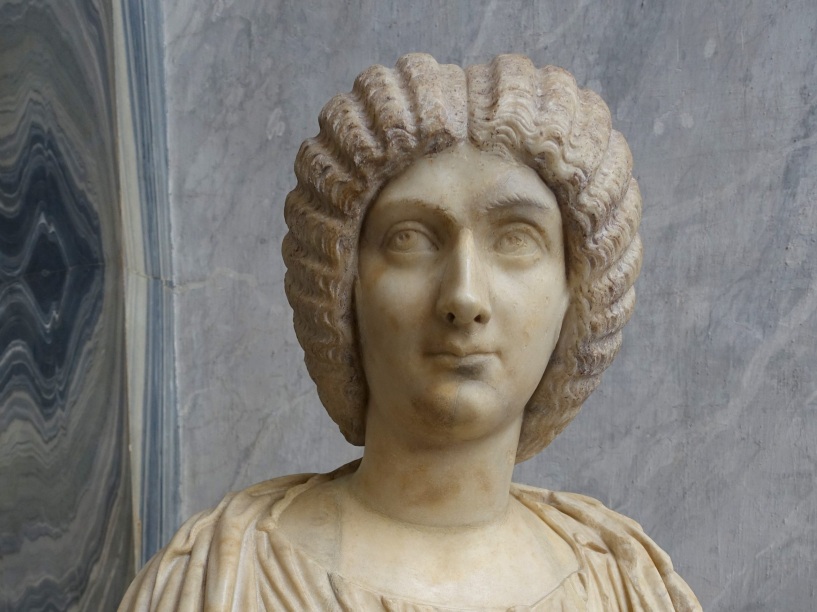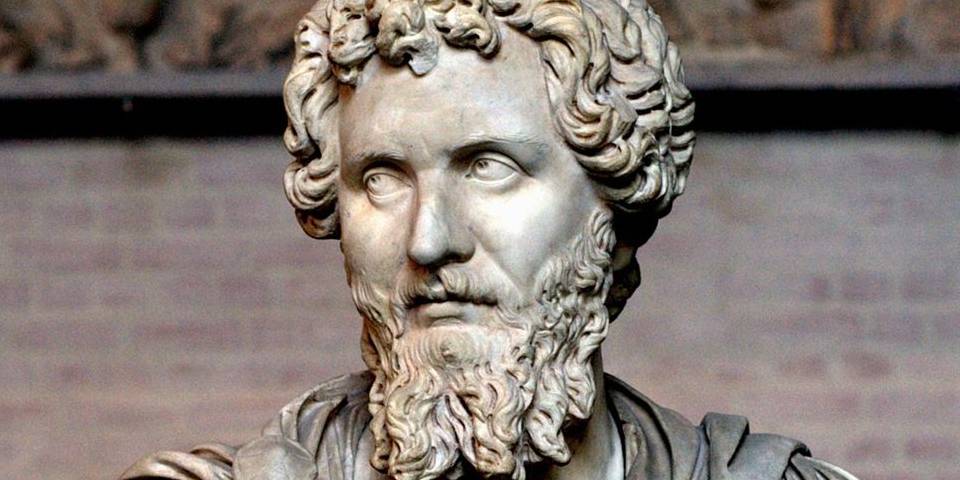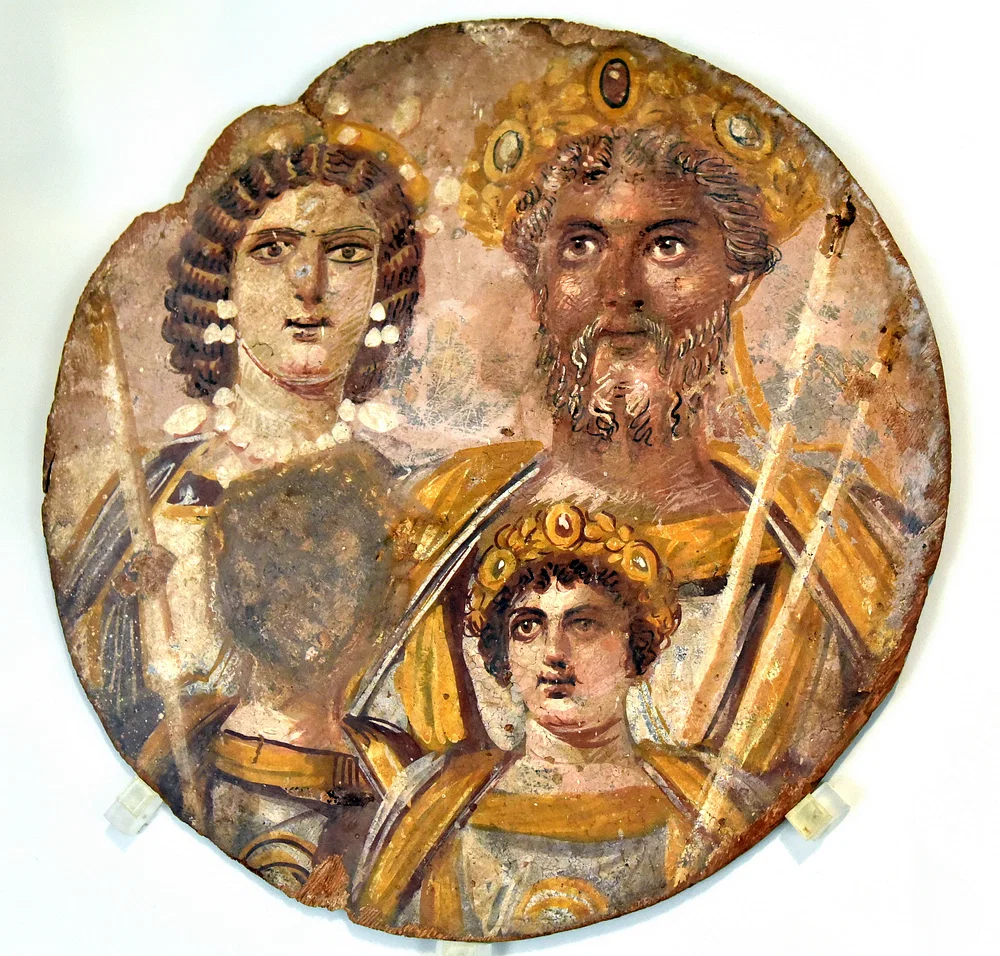Once upon a time, in the city of Emesa (modern-day Homs in Syria), there lived a young girl with sharp eyes, a brilliant mind, and a curious heart. Her name was Julia. She wasn’t born a queen or even a noblewoman, but her family served as high priests of the sun god Elagabal. That meant they had power and influence—but what Julia had was something far greater: ambition.

From a young age, she loved reading, discussing philosophy, and listening to tales from across the world. People said she had the mind of a general and the heart of a poet.
Now, far away in Rome, there was a Roman general named Septimius Severus. One day, he heard a prophecy: “The man who marries Julia Domna will rise to rule the world.” That got his attention.
So he sent for her.
Julia left the warm stones of Emesa and crossed the sea to Rome. And there, just as the stars had promised, she married Septimius—and not long after, he became Emperor of Rome. Just like that, Julia became Empress. But she wasn’t just there to wear a crown.

Julia ruled side by side with her husband. She joined him on long military campaigns, walking through muddy roads and icy battlefields, not staying in silk-covered palaces. Soldiers respected her. Philosophers admired her. Even enemies feared her. She was often called “Mother of the Camp” because she was always among the people, solving problems, lifting spirits, and guiding her empire.
But the real storm came when her husband died.
Julia now had two sons, Caracalla and Geta, and both wanted to be Emperor. Brothers, yes—but both were hungry for power. Julia tried everything she could to keep peace between them. She held secret meetings, made alliances, and begged them to rule together.
But tragedy struck.
Caracalla had Geta killed—and Julia, heartbroken but wise, stayed strong. She knew the empire would fall apart without her. So, she stayed at her son’s side as his advisor and guide. It was said that while Caracalla ruled in name, Julia ruled in truth.

For many years, Julia held the empire together with her wisdom, her letters, her diplomacy, and her endless patience. She brought philosophers and scientists to her court. She was a protector of culture and knowledge. Some even say she was the first woman to run the Roman Empire from behind the scenes.
But even legends must end.
When Caracalla was murdered, the enemies of Julia saw their chance. They tried to silence her, strip her of power, and erase her story. But Julia, even in her final days, stood tall, refusing to flee or beg. She left this world with dignity, just as she had lived—with fire in her heart.
And so, the story of Julia Domna lives on, whispered in the ancient stones of Homs, carved into the ruins of Roman temples, and told to curious travelers like you.
She wasn’t just a queen. She was a thinker, a leader, a survivor—a Syrian woman who became one of the most powerful figures in Roman history.
So next time you’re walking through an ancient city, or standing beneath the arches of a forgotten ruin, listen carefully.
You might just hear Julia’s footsteps echoing through time.
If you’re ever in Syria, you can follow her path—from the temples of Emesa to the great cities she helped shape. It’s a journey not just across lands, but across the heartbeat of history itself.
Sources:
Book Recommendation
Julia Domna: Syrian Empress by Levick, Barbara
